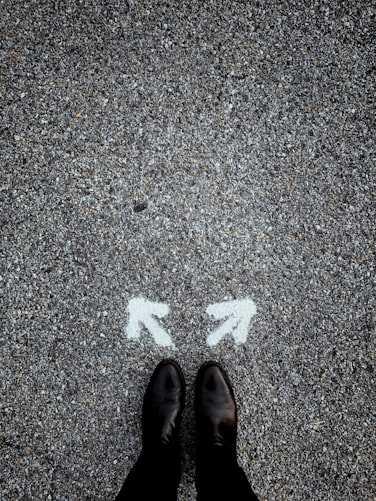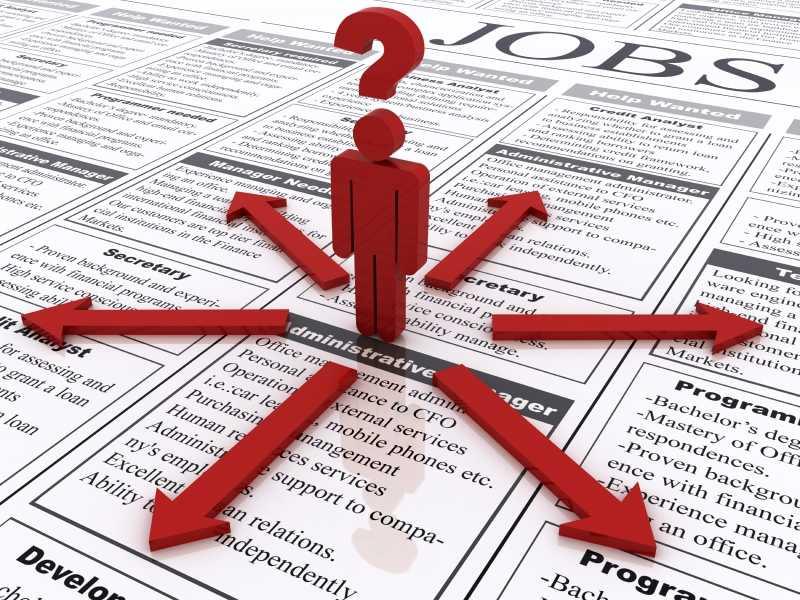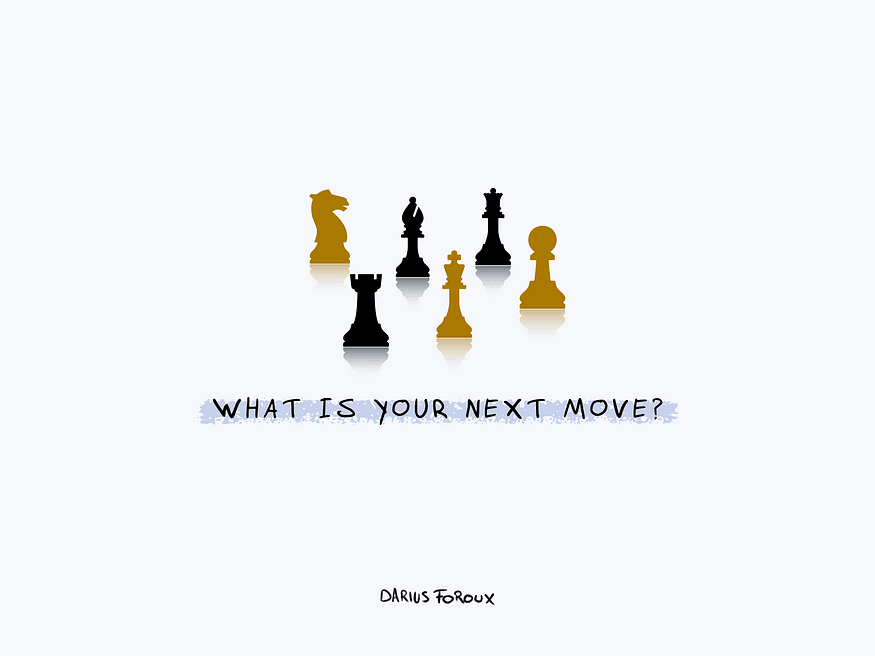Fear of Better Options
... or Maximization, is a behavioral trait that makes us look for all possible options before we decide so that we don't miss out on the best option and regret later, after making the decision.
We take into consideration all available options to minimize our frustration and stress.
192
760 reads
The idea is part of this collection:
Learn more about problemsolving with this collection
How to create a positive work environment
Conflict resolution strategies
Effective communication in the workplace
Related collections
Similar ideas to Fear of Better Options
Fear of Better Options (F.O.B.O.)
F.O.B.O is our inability to decide between different options all of which are decent. It can lead us to paralysis when we’re in the process of making a decision.
F.O.B.O. means obsessively researching every possible alternative, when faced with a decision, fearing we’ll mi...
Three Tips for Making Better Decisions
Have you ever made a decision that you later look back on and regret? This happens when we’re not aware of how we make decisions.
And that’s odd because the decisions we make, or in many cases not make, shape the outcome of lives. But many of us don’t know how we make decisions. By understa...
5 levels of delegation
- Level 1: Do as I say - At this level, you give instructions. You already know exactly what you want and require the other person to stick to your specifications.
- Level 2: Research and report back - When you need information to make...
Read & Learn
20x Faster
without
deepstash
with
deepstash
with
deepstash
Personalized microlearning
—
100+ Learning Journeys
—
Access to 200,000+ ideas
—
Access to the mobile app
—
Unlimited idea saving
—
—
Unlimited history
—
—
Unlimited listening to ideas
—
—
Downloading & offline access
—
—
Supercharge your mind with one idea per day
Enter your email and spend 1 minute every day to learn something new.
I agree to receive email updates


